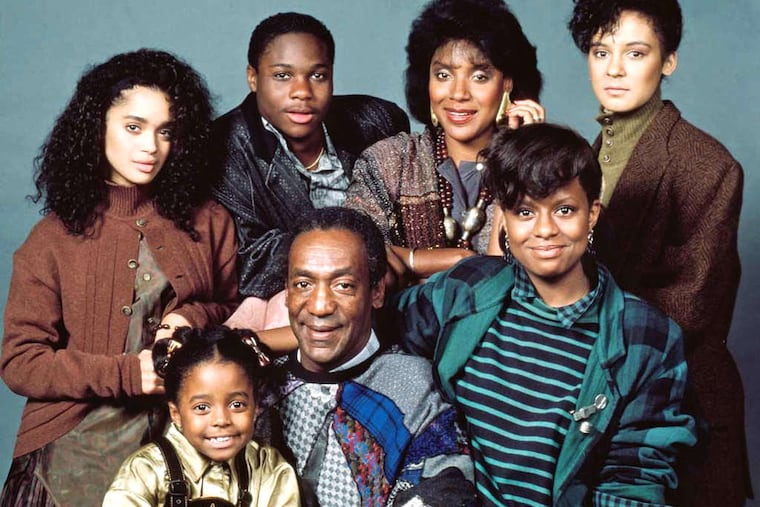Support thinning for critical Cos
WASHINGTON - Bill Cosby hasn't been "America's Dad" for years. For some blacks, he is the cranky uncle complaining about young African-Americans who, in his view, dress and behave in a way that drags down their race.

WASHINGTON
- Bill Cosby hasn't been "America's Dad" for years. For some blacks, he is the cranky uncle complaining about young African-Americans who, in his view, dress and behave in a way that drags down their race.
The shift in perceptions of Cosby, from revered comedian to more of a public scold, may be costing him support in the black community as he battles decades-old accusations of drugging and sexually assaulting women.
"He's asking people to pull up their pants and act right," said Fredrick Harris, director of the Institute for Research in African-American Studies at Columbia University. "People are questioning, 'Why were you unzipping yours and pulling yours down?"'
More than 20 women have come forward since November claiming to have been drugged, sexually assaulted or both by Cosby, who has never been charged in connection with any of the allegations.
Since his iconic sitcom "The Cosby Show" ended in the early 1990s, Cosby has moved away from the benign "Heathcliff Huxtable" father figure to a chastising curmudgeon, scolding African-Americans for what he deemed irresponsible behavior.
The most famous of his critiques came in Washington, D.C., a decade ago during a commemoration of the 50th anniversary of the Supreme Court's 1954 Brown v. Board of Education decision, which declared segregated schools unconstitutional.
Cosby cited a range of behaviors, from speech and attire to single-parent households and dropout rates as high as 50 percent in some cities. "Parenting is not going on," he said. Lower-income families are not "holding their end in this deal."
"I'm talking about these people who cry when their son is standing there in an orange suit," he elaborated. "Where were you when he was 2? Where were you when he was 12? Where were you when he was 18, and how come you don't know he had a pistol? And where is his father, and why don't you know where he is?"
Cosby's comments prompted spirited debate. Some commentators backed his call for greater personal responsibility, while others decried the harsh tone he invoked when talking about poorer blacks.
Now, Cosby's criticism may be causing younger blacks not to defend him, said Tamara Winfrey Harris, author of an upcoming book on black women and marriage. They don't have the connection and affection with Cosby that older blacks have.
"There are generations of young black kids," she said, "who didn't grow up with the Huxtables as the picture of the perfect black family."
"They don't see him as being on their side, so they're not on his," she said.